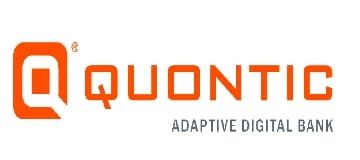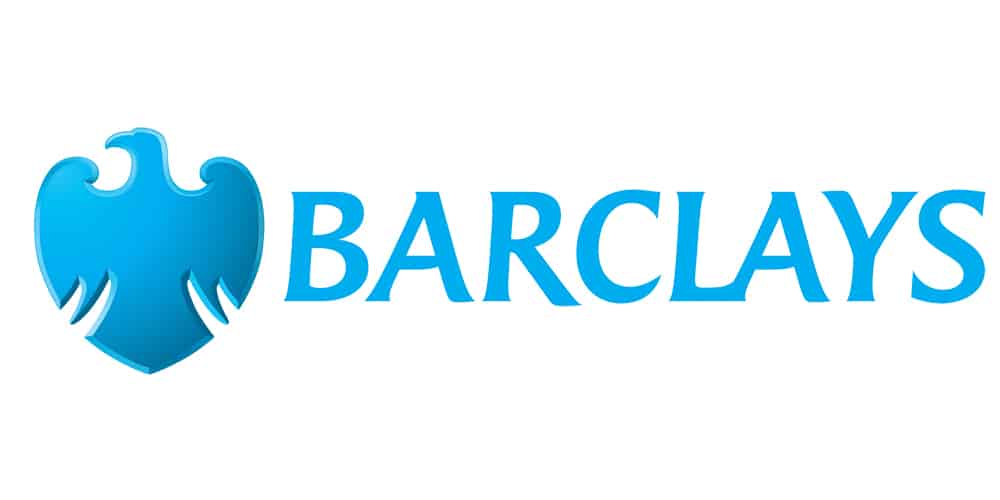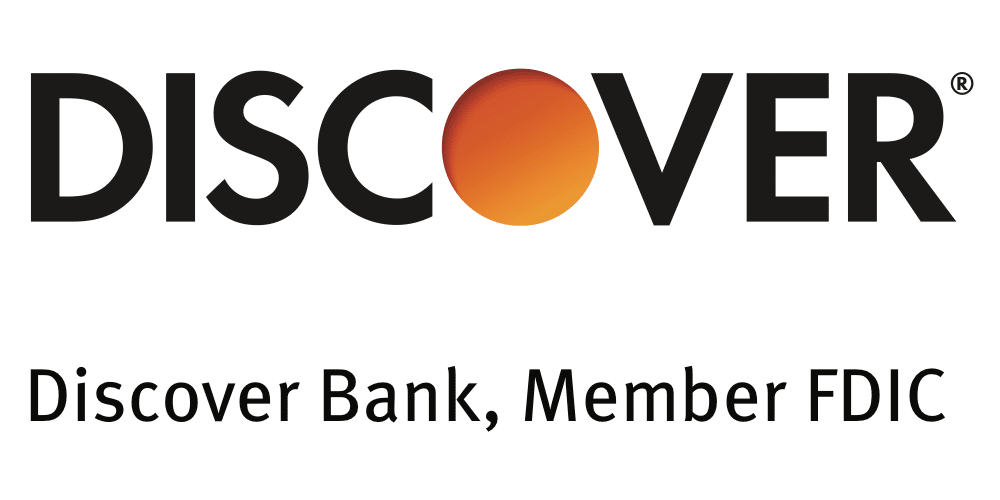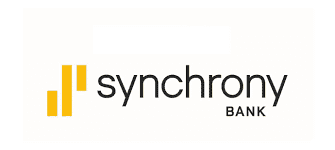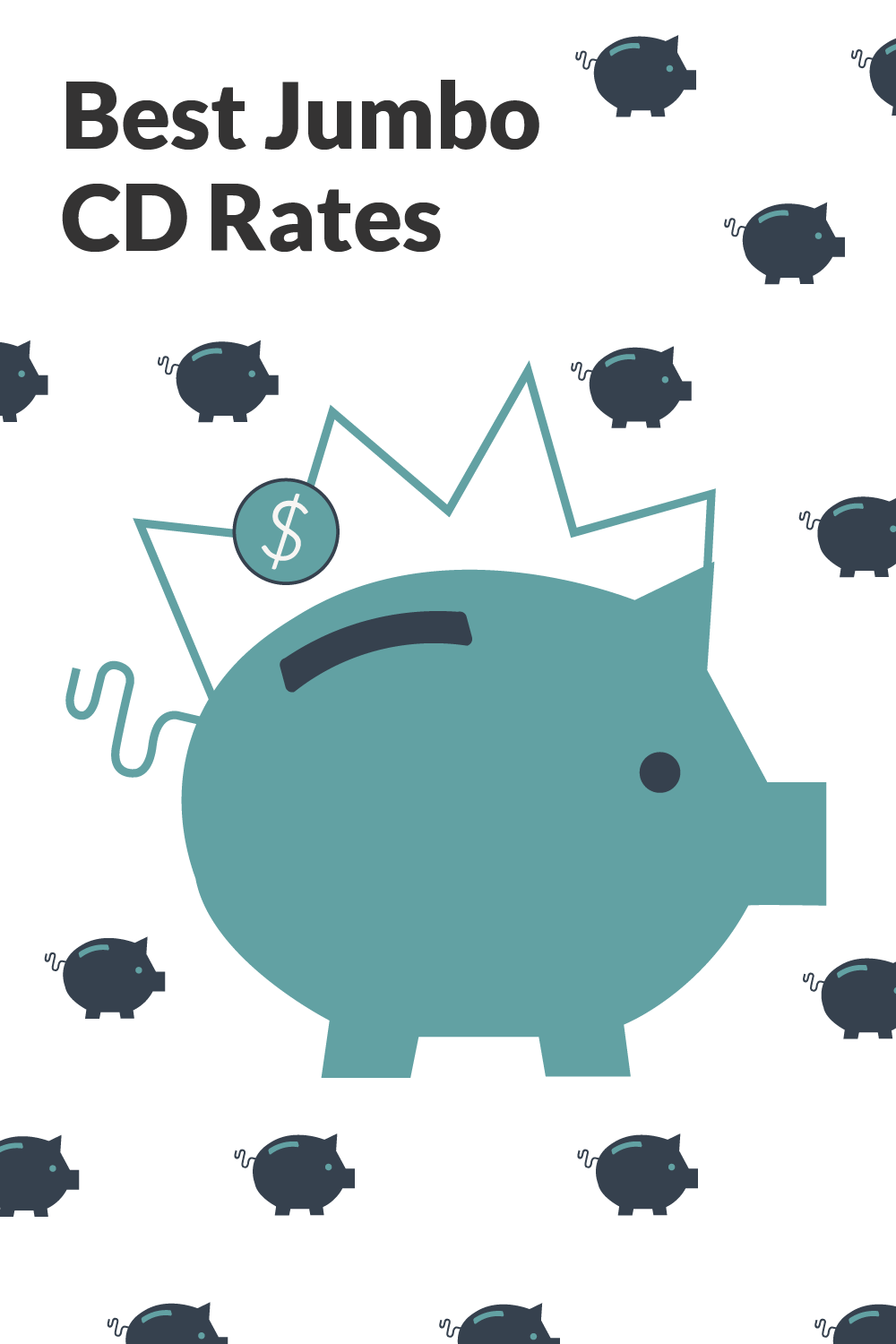
A jumbo certificate of deposit (or jumbo CD) is a CD that has a balance of at least $100,000. At this level, you can typically earn a higher amount of interest on your CD versus another CD with a lower deposit amount.
A certificate of deposit, or CD, is a great place to store cash. It's safe, and the CD rates are typically higher than you'd find in a savings or money market account. The only caveat is that you have to commit to the term of the CD to get the rate. Otherwise there might be a surrender charge, where you lose some or all of the interest.
It's important to note that, in this rising interest rate environment, it might only make sense to park your cash in a short term CD versus a longer term CD.
Note: The savings offers that appear on this site are from companies from which The College Investor receives compensation. This compensation may impact how and where products appear on this site (including, for example, the order in which they appear). The College Investor does not include all savings companies or all savings offers available in the marketplace.
Our Top Picks For The Best Jumbo CD Rates
Based on our evaluations of the top CD rates and features, we've found these CDs to offer the best rates and terms.
Alliant Credit Union CDs
Alliant Credit Union offers a great selection of jumbo CDs. Unlike many banks and credit unions, Alliant Credit Union offers a higher rate on their Jumbo CDs.
To qualify as a Jumbo CD, you need to deposit $75,000 or more.
Right now, you can earn the following APY:
- 12 Month CD: 5.20% APY
- 5 year CD: 4.05% APY
Quontic Bank CDs
Quontic Bank offers some of the top yielding Jumbo CDs currently available. Quontic is an FDIC insured bank, and it offers certificate of deposit ranging from 6 months to 5 years. It only requires a $500 minimum.
Right now, you can earn the following APY:
- Quontic 12 Month CD: 4.50% APY
- Quontic 5 year CD: 4.30% APY
Read our full Quontic Bank review here.
Barclays Bank CDs
Barclays Bank has a fairly standard set of CD terms, ranging from three months to five years. Unlike others on this list, there is no minimum balance required to open a certificate of deposit with Barclays. They are about as traditional a bank as you get.
- Barclays 12 Month CD: 5.00% APY
- Barclays 5 year CD: 3.75% APY
Read out full Barclays Review here.
Discover® Bank
Discover Bank is best known for their awesome free checking account and their great interest rate on high-yield savings. But they also offer some solid rates on CDs as well. They charge no monthly fees on their CDs, but they do require a $2,500 minimum to open an account.
Right now, you can earn the following APY:
- 12 Month CD: 4.70% APY
- 5 year CD: 3.75% APY
Read our full Discover Bank review here.
CIT Bank No-Penalty 11 Month CD
The CIT Bank no-penalty CD is one of our favorites. It’s offered only with an 11-month term. You can withdraw your money anytime after 7 days from funding without penalty. You currently earn 3.50% APY. That’s much higher than online savings accounts.
The Best Jumbo CD Alternatives To Consider
While you might think that all jumbo CDs are made alike, there are some new players in the last few years that really give CDs a run for their money. These products might not be right for everyone, but they do provide a higher yield than savings accounts.
Percent
Percent is a lending platform that allows you to invest in loans that go out to small businesses. These private credit investments allow you to earn returns by lending your money to private companies. Check out our Percent review here.
Save
Save Market Savings is a new type of product that combines an FDIC-insured savings account with an investment account. What happens in Save puts your money in an FDIC-insured account, and then investments are made in your portfolio and after the investment term ends, any positive return is yours to keep (minus fees). Your deposit is not invested and never put at risk. Read our full Save review here.
The Best Jumbo CD Rates (Updated Daily)
It's important to note that rates can change almost daily. Here's the most updated list of the best CD rates:
Other Top Jumbo Certificates Of Deposit To Review
It can be hard to shop for a CD because of all the different options available. While the table above has the highest rates you'll find each day, we also wanted to provide some context to these banks. Here are some other banks (including some in the table) to compare, and learn a little bit more about these companies.
Ally Bank
Ally Bank is an online bank that has one of the largest selections of CDs available. They offer many traditional, as well as penalty free CDs. We love Ally for their customer service and their wide range of low cost banking products.
Check out our full Ally Bank review.
Capital One
Capital One is famous for its credit cards, but it has been expanding with CD rates. There is no minimum deposit, which make these CDs comparable to Barclays’ CDs. What you get with Capital One is comfort of a traditional bank with a new online spin.
Check out our full Capital One review.
CIT Bank
The CIT Bank no-penalty CD is one of our favorites. It’s offered only with an 11-month term. You can withdraw your money anytime after 7 days from funding without penalty. You currently earn 3.50% APY. That’s much higher than online savings accounts.
Check out our full CIT Bank review.
Discover Bank
Discover was one of the first credit card companies turned bank. While Discover does have many of the same products as the others, they also offer one of the longer term CDs we've seen - a 10 year term. That might be a little long for some, but the option is out there.
Read our full Discover Bank review here.
Fidelity
As you might have guessed, Fidelity isn't a bank. However, we're including it on the list because it has one of the best CD ladder tools for investors looking to put together CDs in the portfolios. Check out Fidelity if you want to invest in CDs.
Check out our full Fidelity review.
Sallie Mae
Sallie Mae is best known for their student loan lending. But Sallie Mae also offers a range of banking products, including CDs. With some of the highest rates in CDs being offered, they're not a bank you want to ignore if you're looking for the best yield.
Synchrony
Synchrony is one of the most advertised banks online, but one of the most unknown in general. Formerly GE Capital, Synchrony is the world leader in private label credit cards (think Walmart, etc.). Synchrony Bank offers CD term rates from three months to five years. They also offer IRA CD terms of the same length. Definitely a bank to consider.
Read our full Synchrony Bank review here.
What To Know When Comparing CD Rates
There are a few things to know when comparing certificates of deposit. We break down the common things to look for here.
Penalties
One of the biggest drawbacks of CDs is that they typically have a penalty if you don't hold the CD for the entire term. A notable exception is the CIT Bank Penalty Free CD we mentioned earlier.
A common penalty is 60 days of interest. I've seen penalties that are the entire amount of interest (especially on shorter term CDs).
An example is this: Let's say you have a $10,000, 12 month CD at 2.05% interest. If you held it for the full term, you'd get $205.00 in interest. However, this CD has a penalty, and you lose 60 days of interest. If you pull out your money after 4 months, you'd only get 2 months in interest - the penalty costs you about $40 in interest.
Term Length
A big factor in CDs is term length. The longer the term, the higher the interest you'll usually receive. This is because the bank is more secure in your commitment to have the money in the account. As such, they'll reward you more (versus a savings account).
However, the longer the term, the more significant the penalties we discussed above can be. For example, a 5 year CD might have a 1 year interest penalty for early withdraw. That's pretty significant.
If you're looking for short term CDs, check out this: Best 12 Month CD Rates. Make sure you compare the length and interest rate together to the FDIC national rate averages.
If you're not sure you can commit the money for a long length of time, you might be better off with a high yield savings account or money market account. You could also look at setting up a CD Ladder to have several CDs with different term lengths.
The Difference Between CDs and Money Markets/Savings Accounts
Now that you understand CD penalties and CD term length, the difference between certificates of deposits on money markets and savings accounts should be pretty clear.
With CDs, you have a set time frame you must commit the money to in order to receive the yield promised by the bank. With savings accounts and money markets, there is no commitment for time - and so there are no penalties. If you have money in the account, you earn interest. If you don't, no interest.
However, with money markets and savings accounts, the interest is typically lower than you'll find with a CD because there isn't a commitment to keep money with the bank. That commitment of time is what earns you higher interest on a CD.
What Makes A Jumbo CD?
The only difference between a regular CD and a jumbo CD is that the jumbo CD typically has a higher balance (it used to be $100,000). Many banks today don't even differentiate between the two, although many consumers who have enough to buy a jumbo CD want to see better rates and terms.
So, when searching for a CD, you have to realize that you might not see the term "jumbo CD" or "jumbo CD rates". All CDs are able to have pretty much any amount of money behind them, and it will be rare to find a CD that gives you any benefit for putting $100,000 or more to it.

Robert Farrington is America’s Millennial Money Expert® and America’s Student Loan Debt Expert™, and the founder of The College Investor, a personal finance site dedicated to helping millennials escape student loan debt to start investing and building wealth for the future. You can learn more about him on the About Page or on his personal site RobertFarrington.com.
He regularly writes about investing, student loan debt, and general personal finance topics geared toward anyone wanting to earn more, get out of debt, and start building wealth for the future.
He has been quoted in major publications, including the New York Times, Wall Street Journal, Washington Post, ABC, NBC, Today, and more. He is also a regular contributor to Forbes.
Editor: Clint Proctor Reviewed by: Richelle Hawley
